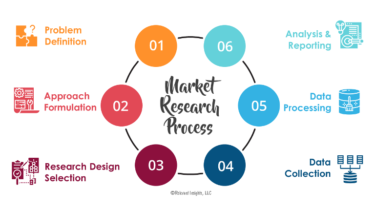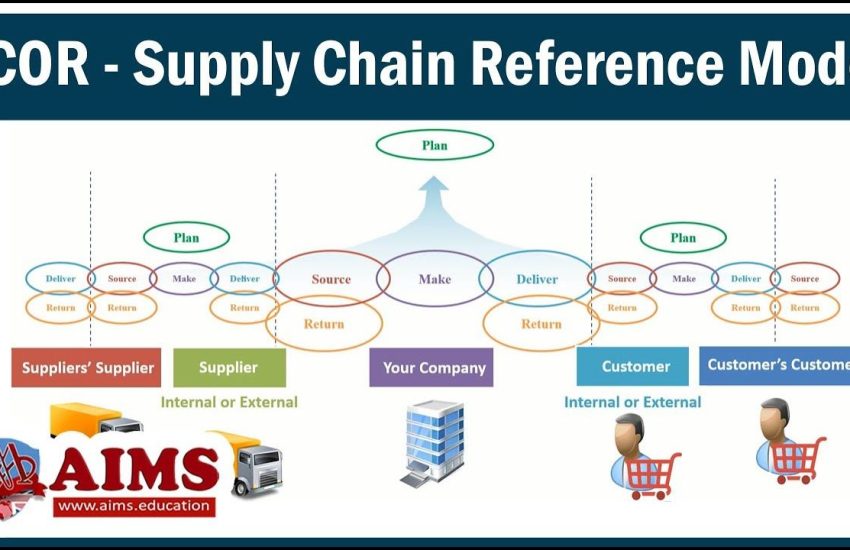Market Research and Analysis: Data-Backed Decisions
Market research and analysis play a crucial role in making informed business decisions. In an increasingly competitive and dynamic business landscape, companies are constantly striving to gain a competitive edge. Data-backed decisions derived from comprehensive market research and analysis provide invaluable insights to guide companies in achieving their strategic goals.
The Importance of Market Research
Market research enables businesses to understand consumer needs, preferences, and behaviors. By collecting and analyzing data related to market trends, competition, and customer demographics, companies can identify new market opportunities and tailor their offerings to specific target audiences. This is especially vital when launching new products or expanding into new markets.
With market research, businesses can monitor changes in consumer demands and preferences. Through surveys, focus groups, and interviews, companies can gather feedback from potential customers, helping them identify areas for improvement and optimize their products or services accordingly.
The Role of Data Analysis
Data analysis is an essential component of market research, as it allows businesses to extract meaningful insights from the collected data. By employing statistical techniques and advanced analytical tools, companies can identify patterns, trends, and correlations within the data, providing a solid foundation for decision-making.
Data analysis enables businesses to make accurate forecasts and predictions. By examining historical data and market trends, companies can anticipate future demand, market fluctuations, and potential risks. This allows businesses to adjust their strategies proactively, optimize resource allocation, and minimize risks.
Types of Market Research
There are various types of market research that businesses can utilize, depending on their specific objectives:
Primary Research: Involves collecting firsthand data from original sources, such as surveys, interviews, and observations. This type of research offers direct and up-to-date insights.
Secondary Research: Involves gathering existing data from reliable sources, such as government publications, industry reports, and academic studies. This type of research provides valuable context and industry benchmarks.
Qualitative Research: Focuses on subjective data, seeking to understand customers’ feelings, opinions, and motivations. Qualitative methods include focus groups, in-depth interviews, and ethnographic research.
Quantitative Research: Focuses on objective data, aiming to quantify market trends and consumer behavior. Quantitative methods include surveys, experiments, and statistical analysis.
Challenges and Limitations
While market research and analysis offer immense benefits, it’s essential to be aware of potential challenges and limitations:
Limited sample size or biased samples can impact the accuracy and representativeness of the data.
Consumer behavior is subject to change, making it crucial to regularly update and reassess research findings.
Interpreting data accurately requires expertise and knowledge of statistical techniques.
Market research can be time-consuming and costly, requiring adequate resources and budget allocation.
Conclusion
Market research and analysis provide businesses with a strategic advantage by enabling data-backed decision-making. By understanding the market landscape, anticipating customer needs, and evaluating competition, companies can position themselves for success. Although market research comes with challenges, its benefits outweigh the limitations, making it an indispensable tool for businesses in today’s competitive environment.


